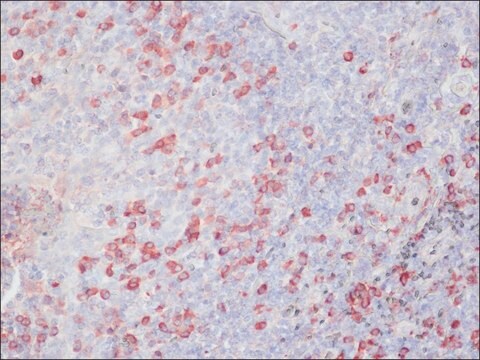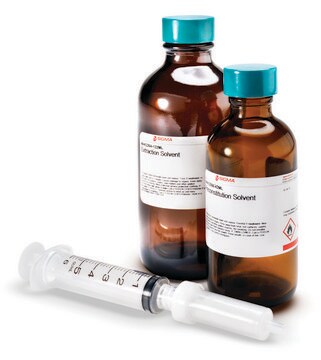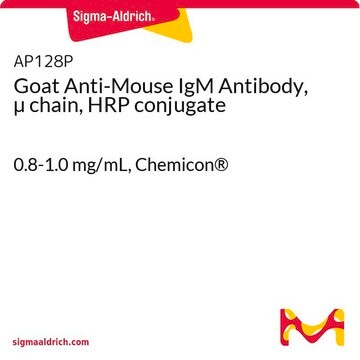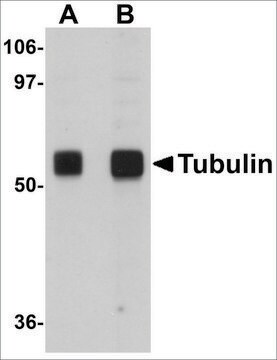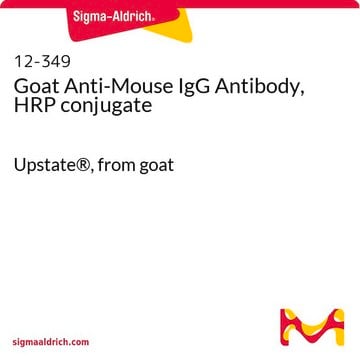12-341
Rabbit Anti-Chicken IgY Antibody, HRP conjugate
Upstate®, from rabbit
Synonym(s):
Chicken IgG
About This Item
Recommended Products
biological source
rabbit
Quality Level
conjugate
peroxidase conjugate
antibody form
affinity purified immunoglobulin
antibody product type
secondary antibodies
clone
polyclonal
species reactivity
chicken
manufacturer/tradename
Upstate®
technique(s)
ELISA: suitable
immunohistochemistry: suitable
western blot: suitable
shipped in
dry ice
target post-translational modification
unmodified
Related Categories
General description
However, there are some disadvantages when using certain chicken derived antibodies in immunoassays. Chicken IgY does not fix mammalian complement component C1 and it does not perform as a precipitating antibody using standard solutions.
Application
Secondary & Control Antibodies
Whole Immunoglobulin Secondary Antibodies
Quality
Physical form
Storage and Stability
Legal Information
Disclaimer
Not finding the right product?
Try our Product Selector Tool.
Storage Class Code
13 - Non Combustible Solids
WGK
WGK 3
Flash Point(F)
Not applicable
Flash Point(C)
Not applicable
Certificates of Analysis (COA)
Search for Certificates of Analysis (COA) by entering the products Lot/Batch Number. Lot and Batch Numbers can be found on a product’s label following the words ‘Lot’ or ‘Batch’.
Already Own This Product?
Find documentation for the products that you have recently purchased in the Document Library.
Customers Also Viewed
Our team of scientists has experience in all areas of research including Life Science, Material Science, Chemical Synthesis, Chromatography, Analytical and many others.
Contact Technical Service
